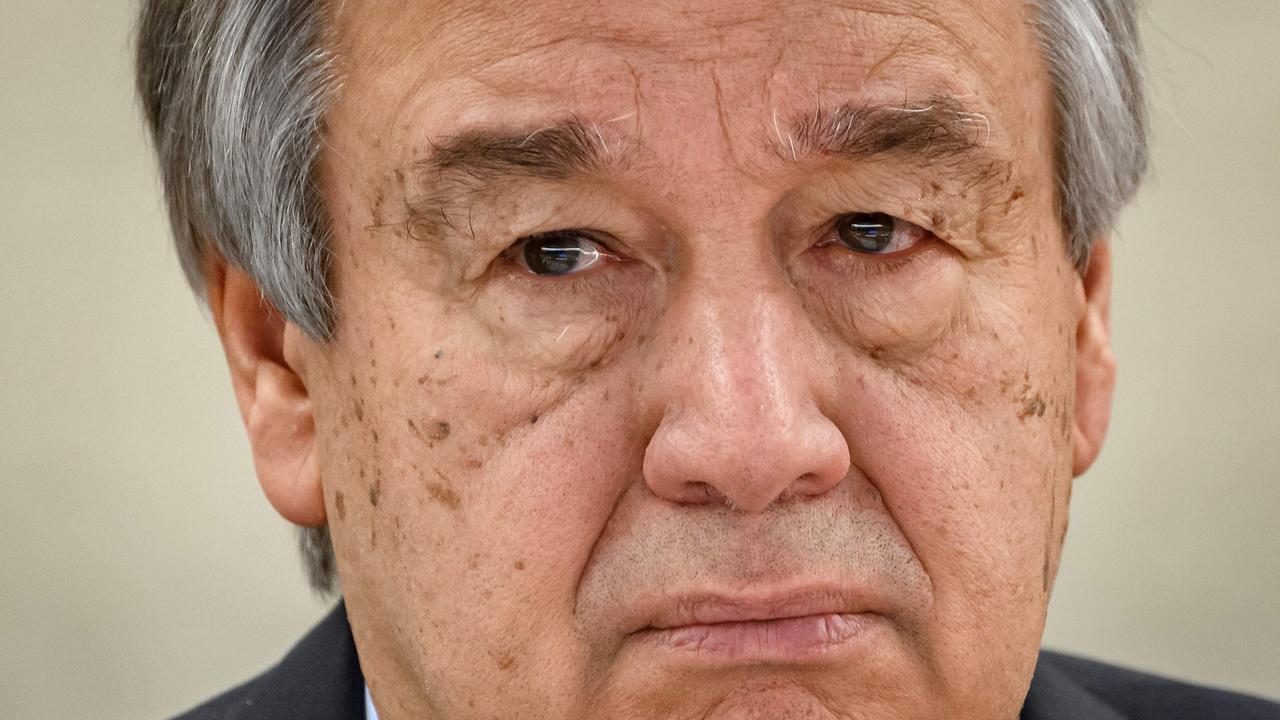The Australia Institue and Hugh Saddler find Australia lagging OECD on climate change reduction
As a UN report found Australia was warming more than the average, a new damning study shows its “at the back of the pack”.
A scathing report on the Morrison Government’s climate change policies has claimed Australia ranks among the worst in reducing greenhhouse gas emissions compared to 23 other countries.
It comes after a landmark United Nations report by the Intergovernmental Panel on Climate Change found that Australia has warmed by 1.4C, higher than the world average of 1.1C.
Dr Hugh Saddler, Honorary Associate Professor Crawford School of Public Policy at ANU, ranked the performance of 23 OECD countries and Russia on eight climate measures.
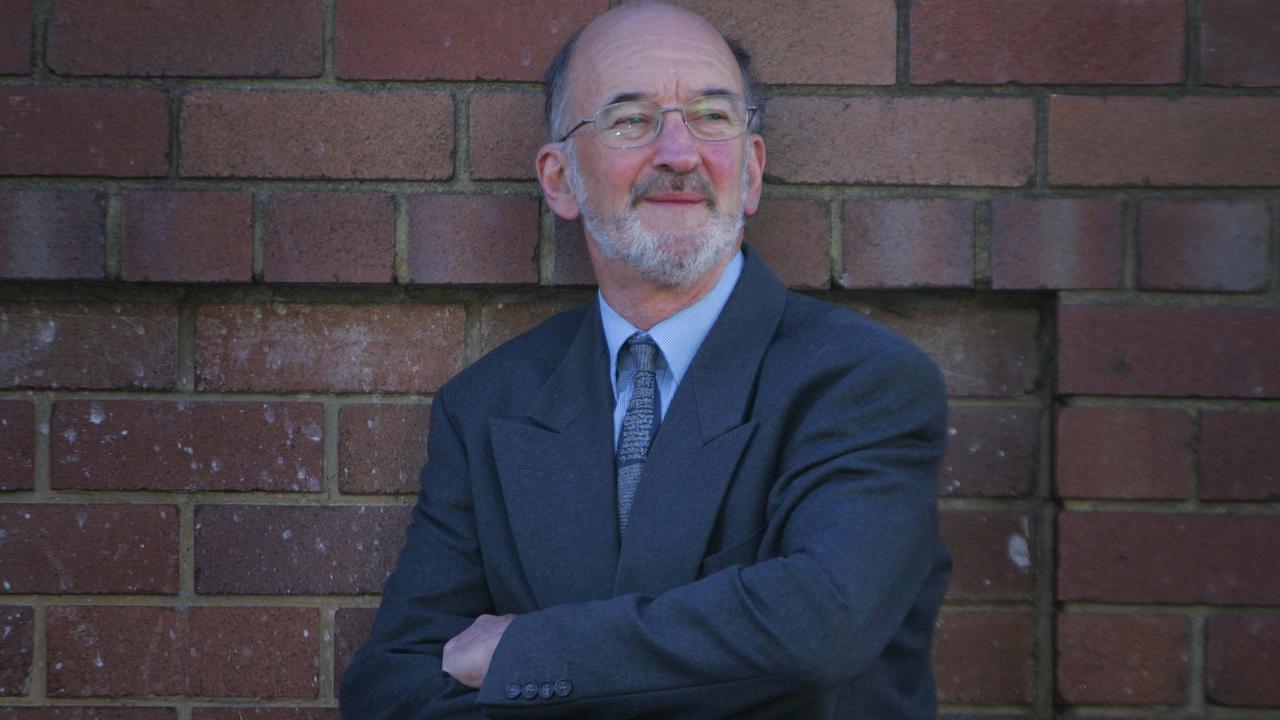
In a damning report card for The Australia Institute, entitled, Back of the Pack, he found Australia was ranked 20th or worse in seven of the eight categories and that in relative terms, it had not improved in any category since 2005.
“The research shows that Australia is not leading the race to reduce emissions in our economy, we are lagging at the back of the pack of developed countries,” he said.
Dr Saddler found that between 2005 to 2019 (pre-covid), Australia has performed worse than any of the other 23 countries at reducing its energy dependence on fossil fuels in overall terms.
RELATED: ‘Death sentence’: Australia’s grim result
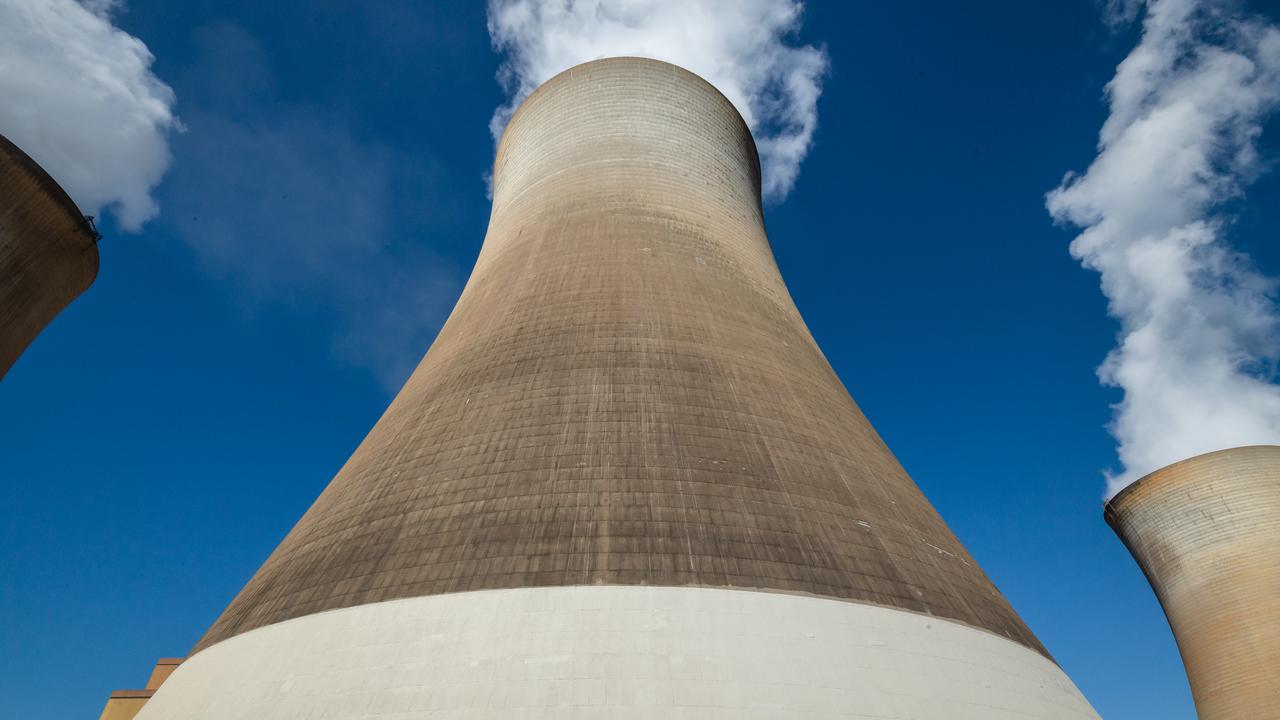
In fact, the Australian economy remains the most emissions intensive energy system among OECD countries, with the exception of Poland.
“Despite the last decade of growth in solar and wind energy, fossil fuels still dominate Australia’s energy sector and its rate of electrification, that is getting off coal, oil and gas for energy, is one of the worst in the OECD,” Dr Saddler said.
The report found that Australia’s fossil fuel reliance for energy has in fact risen since 2005 and that the energy sector now makes up a larger portion of its carbon footprint.
In 2005 energy combustion emissions accounted for 58 per cent of national emissions, however in 2019 it accounted for nearly three quarters (72 per cent), with Australia being one of three of the 23 countries to have increased its total energy combustion emissions between 2005 and 2019.
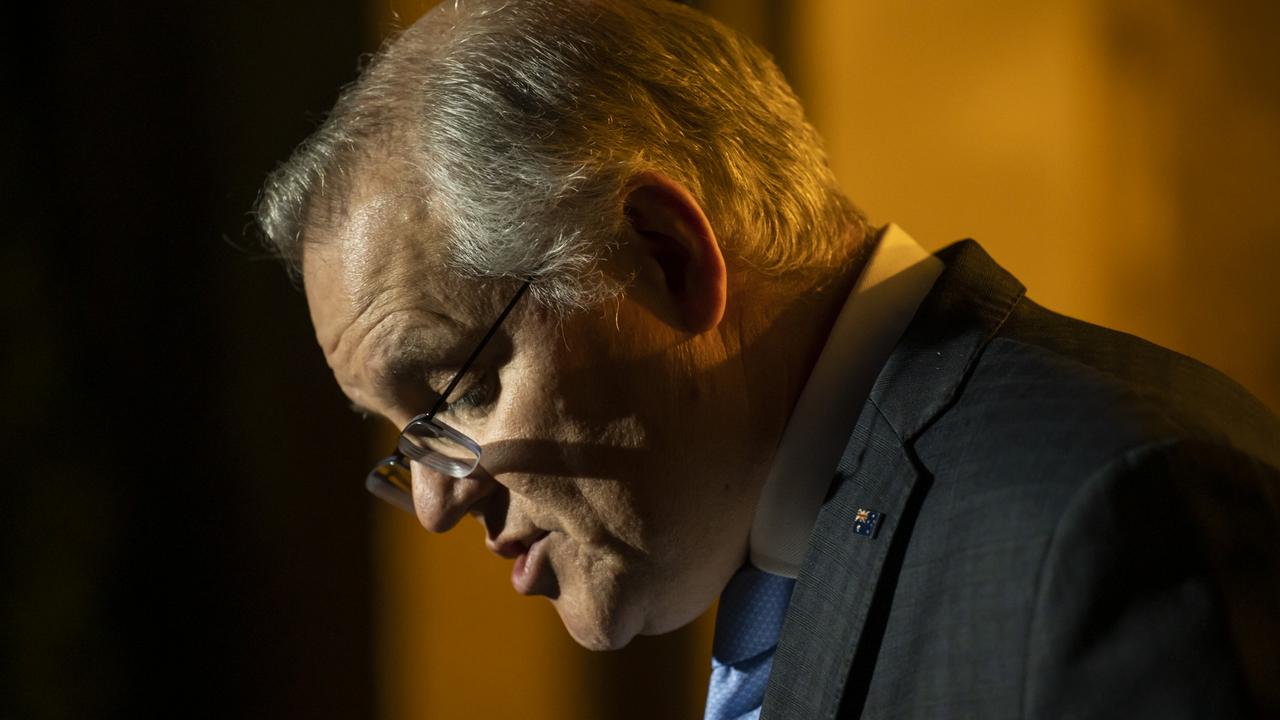
The report challenged claims by the Morrison Government that it has done more to cut greenhouse gas emissions than other countries and its pledge in the Paris Agreement to prioritise productivity.
The Australia Institute report found that Australia has achieved a smaller energy productivity increase than any of the other 23 countries.
“Over the last 15 years, Australia has squandered its golden opportunity to decouple its energy sector from fossil fuels, unlike so many other OECD countries. As a result Australians are left with high-polluting and inefficient power, heating, housing and transport. This also drives up our cost of living and drives down our energy productivity,” Dr Saddler said.
“Beyond the comparison with other countries, this report demonstrates that Australia’s so-called ‘gas-fired economic recovery’ runs absolutely counter to the needs of Australia’s energy system transition, and will only serve to make Australia’s emissions reduction performance even worse.”
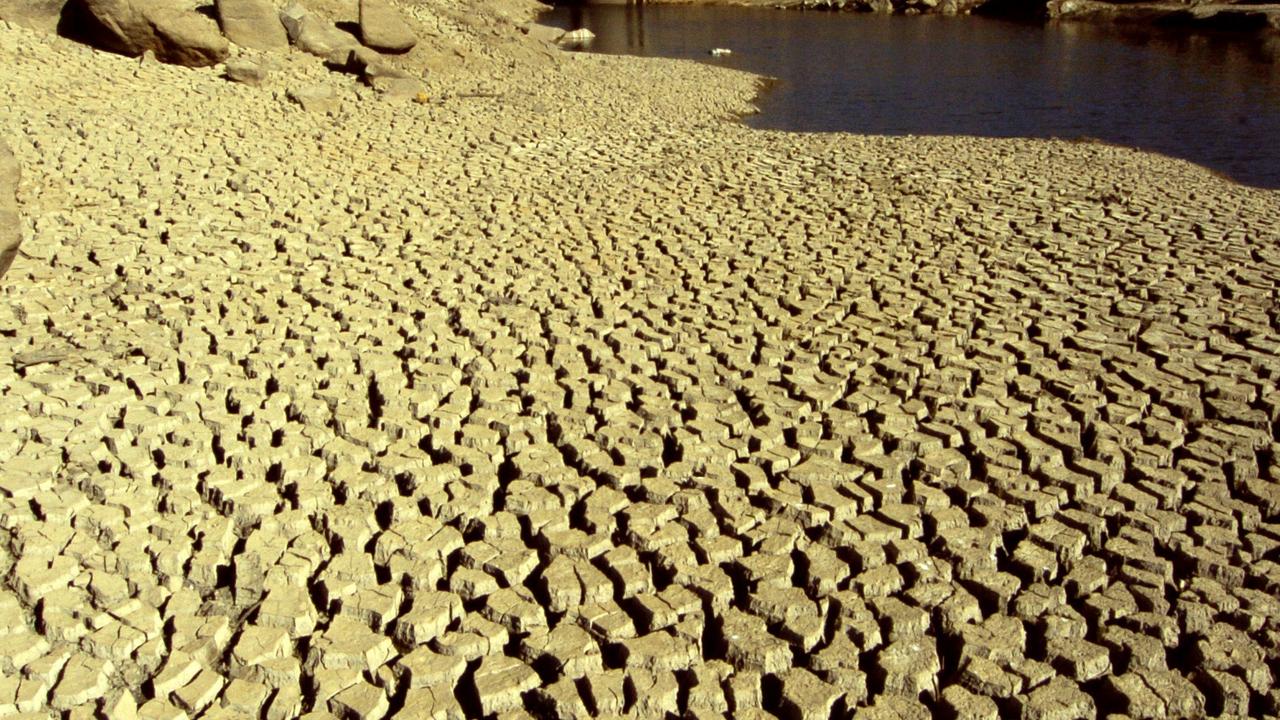
George Brandis, former Liberal Party Minister and current High Commissioner to the UK, was also slammed on Twitter for claiming that Australia was “committed to leadership on the green technology we need so net zero is practically achievable right around the world.”
The second line is a callous lie. Australia is building new coal and gas mines, building new fossil plants and refusing to shut down its polluting, unreliable coal plants. EVs are mocked as "destroying the weekend" and climate targets are designed to do nothing. #IPCChttps://t.co/gELx8kjypZ
— Ketan Joshi (@KetanJ0) August 9, 2021
The report came as the UN released an alarming study from the IPCC showing that even under the lowest emissions scenario, temperatures would rise by up to 1.7C within the next 20 years, and could reach 2C within 40 years.
Under higher emissions scenarios, warming could reach as high as 1.9C within 20 years.
United Nations secretary-general Antonio Guterres said the internationally agreed threshold of 1.5C was “perilously close”.
“We are at imminent risk of hitting 1.5 degrees in the near term,” he said.
